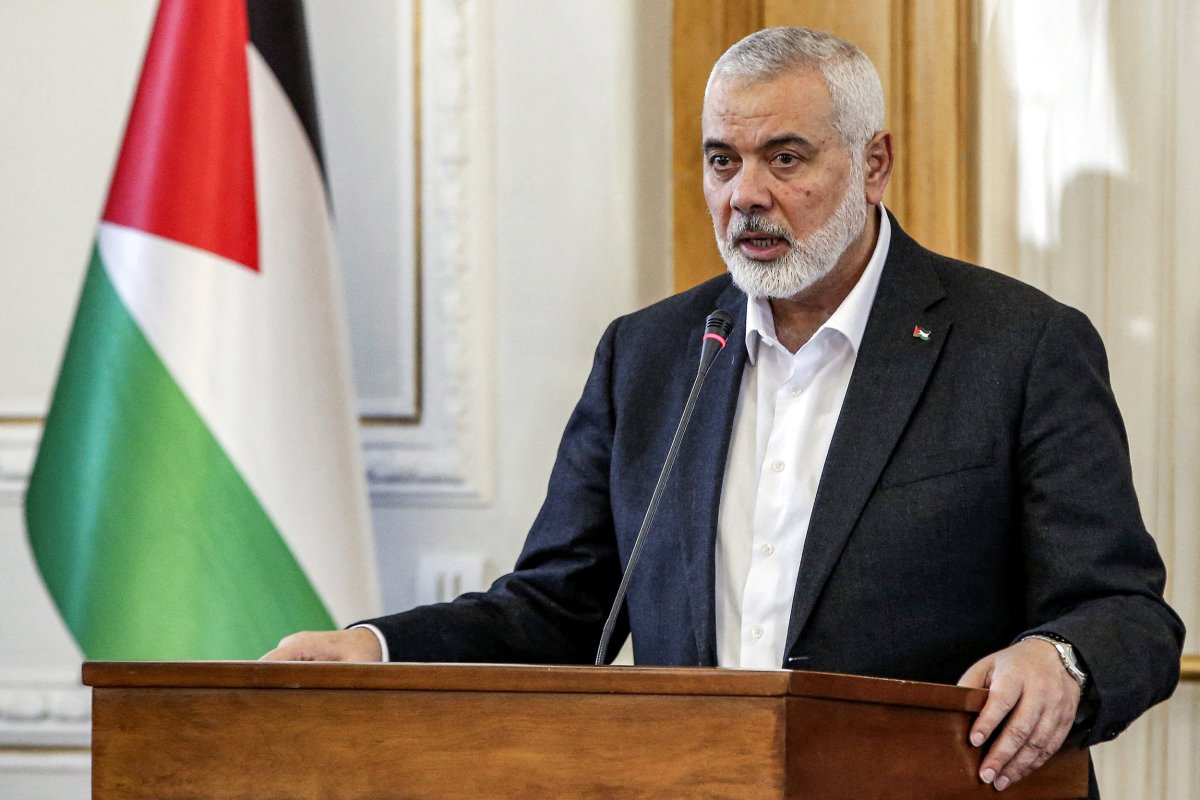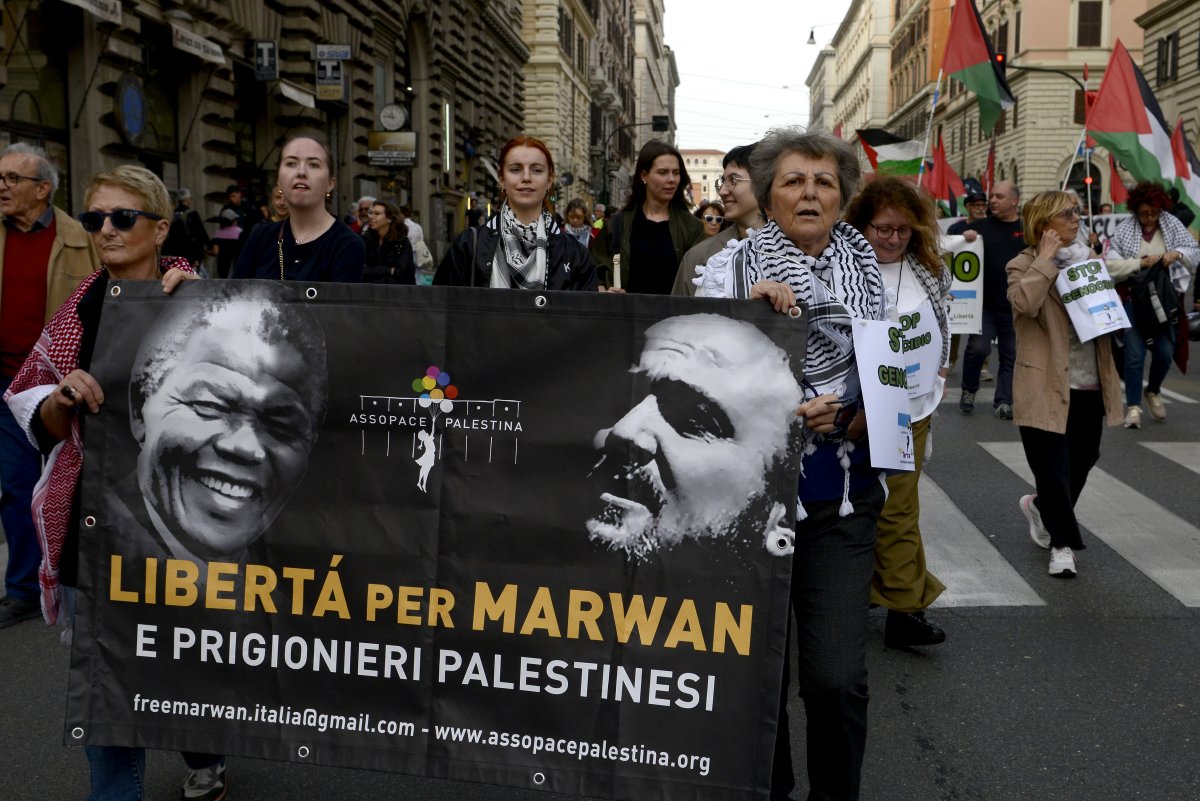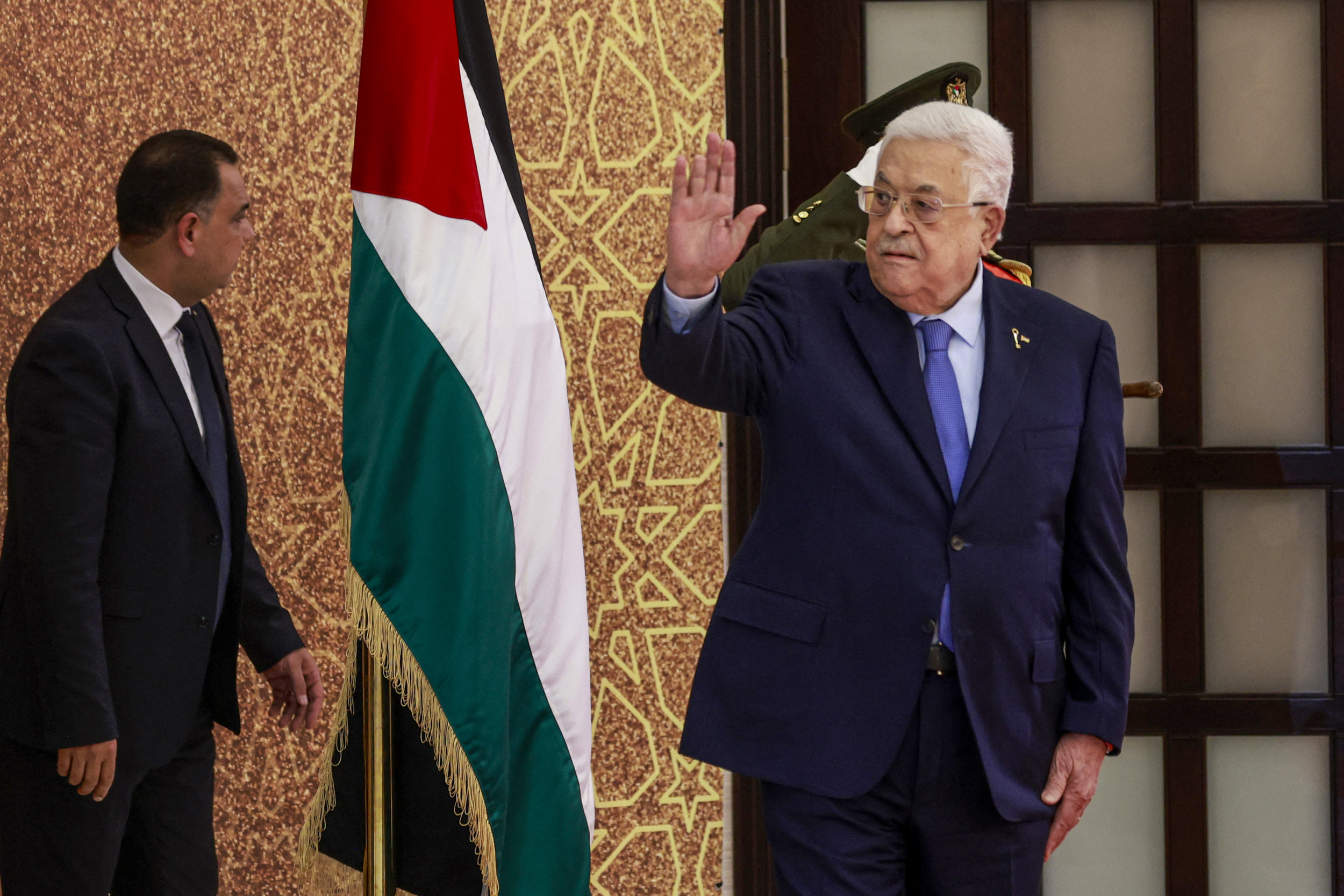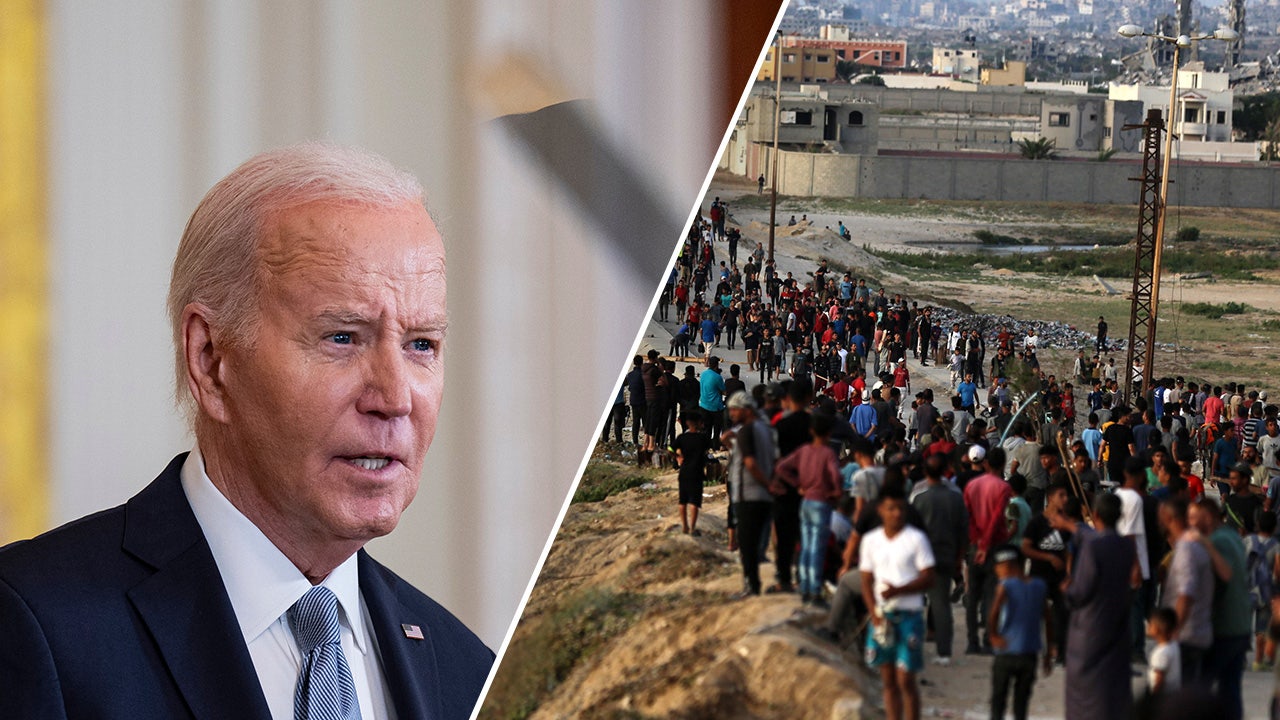After six months of war between Israel and Hamas, a question hangs not only over the fate of the devastated Gaza Strip, but also over the leadership of the millions of Palestinians and their aspirations for statehood.
Hamas, which is committed to destroying Israel and which triggered the conflict with its unprecedented October 7 attack, holds a lead in opinion polls. But the Israeli leadership has said it will not relent until it has broken the Islamist faction, which the U.S. also sees as a terrorist group.
Hamas’ main rival is largely secular Fatah, which leads the Palestinian National Authority (PA) that runs fragments of the Israeli-occupied West Bank under 30-year-old accords and has U.S. support to run Gaza after the war. But the conflict has only deepened Fatah’s legitimacy crisis after decades of hemorrhaging support.
No individual has a mass following. Closest comes Marwan Barghouti, a Fatah leader serving five life sentences for murder in an Israeli jail. Behind him comes Ismail Haniyeh, Hamas’ political leader based in Qatar. Mahmoud Abbas, the 88-year-old PA president elected 18 years ago, has support in the single digits. More than 80 percent of Palestinians want him to resign.
“The current war has only sharpened the PA’s legitimacy deficit,” Ghaith al-Omari, a senior fellow at the Washington Institute for Near East Affairs told Newsweek.
“After October 7—even if one is to adjust for the customary spike in Hamas’ popularity during the war—the PA’s credibility among Palestinians has plummeted as it is seen as passive and ineffectual, with no ability to impact the course of the war or bring about its conclusion,” he said.
JAAFAR ASHTIYEH/AFP/Getty Images
The PA’s Fall
A critical question will be who rules Gaza when the fighting stops. The U.S. wants that to be the PA. Israel is considering imposing military rule.
Neither of those options would provide political representation for Palestinians, said Rashid Khalidi, a Columbia University professor who advised on Arab-Israeli negotiations during the Oslo peace process of the early 1990s. At that time, an agreement between Israel and the Palestine Liberation Organization (PLO) produced rare hope that two states could co-exist.
“Only a revived, democratic PLO can lead the Palestinians effectively on obtaining their rights,” Khalidi told Newsweek.
The PLO breakthrough came under iconic Palestinian guerrilla commando-turned-statesman Yasser Arafat, who also led Fatah and became the first PA president. But talks on statehood stagnated and a new Palestinian uprising erupted. By the time Arafat died in 2004, the PA faced accusations of misrule and corruption. Hamas capitalized on that.
Abbas, known as Abu Mazen, replaced Arafat but he lacked the same following. When Israel pulled out of the Gaza Strip in 2005, the PA struggled to impose control. Hamas won 2006 elections there and later seized power by force, setting the stage for more conflict with Israel.
This culminated in the October 7 attack that Israeli officials estimate killed more than 1,200 Israelis and prompted the offensive into Gaza that Hamas officials say has killed more than 30,000 Palestinians.
Faisal Aranki, a member of the PLO Executive Committee, told Newsweek that governance in Gaza will depend not only on ceasefire terms, but on progress towards a two-state solution that is supported by the U.S., but opposed by right-wing Israeli Prime Minister Benjamin Netanyahu.
“The fanatical right-wing government in Israel has worked and is still working to undermine the credibility of the Palestinian National Authority,” he said.
A spokesperson for Netanyahu’s office noted that an active member of PA security forces carried out a recent attack on Israelis, that the authority pays stipends to the families of those killed attacking Israelis and that the PA had still not condemned the Oct. 7 killings.
“There will be no ruling force which funds terrorism or educates to terrorism,” the spokesperson told Newsweek.
Newsweek also reached out to Fatah and the PA for comment.

AFP/Getty Images
Despite the destruction in Gaza, polls show the war has not undermined the leadership claim of Hamas, which sprang up in the territory in the 1980s.
The PA’s sidelined position amid the latest war had further discredited Abbas, senior Hamas official Ghazi Hamad told Newsweek.
“The events of October 7 revealed this inability to protect the Palestinian people and provide practical solutions,” he said.
“We say that there must be a national leadership that is acceptable and upholds national rights,” Hamad added. “This leadership could be formed by consensus of the Palestinian factions for a temporary period until elections are held.”
Another senior Hamas official and spokesperson, Bassem Naim, told Newsweek, that no outside force could impose a leader on the Palestinians.
The Top Contenders
The PA has yet to name a clear successor to Abbas, although PLO Secretary-General Hussein al-Sheikh has been touted. Former Fatah political leader in Gaza, Mohammed Dahlan, is another name that has been floated. Exiled in the UAE, he had a reputation for pragmatic dealings with Israel—which does not help him locally.
The one man consistently topping polls is former Fatah military chief Marwan Barghouti. A poll in March showed him with 40 percent support, versus 23 percent for Haniyeh and just 8 percent for Abbas in a hypothetical contest among the three.
Jailed since 2002 on charges of killing Israeli civilians through the Fatah-associated Al-Aqsa Martyrs’ Brigades, Barghouti has been compared by some Palestinians to late South African leader and political prisoner Nelson Mandela. But there is deep skepticism that Israel would be ready to reach the kind of agreement that former apartheid leader F.W. de Klerk reached with Mandela.
“Marwan is quite popular among Palestinians and could be a unifying force in Palestinian politics,” Khaled Elgindy, a senior fellow at the Middle East Institute, told Newsweek. “His confinement is a problem, but not an insurmountable one—see Nelson Mandela. The bigger problem is Netanyahu is no de Klerk.'”

Simona Granati/Corbis/Getty Images
Given the challenges that the PA would face in Gaza, a few are now mooting an International Transitional Authority (ITA) with a United Nations mandate. Among them is Hiba Husseini, a former legal advisor to Palestinian delegations in peace talks.
“It is an innovative approach and has achieved successes in places like East Timor, Kosovo, Congo, and other war-torn places,” Husseini said. “The ITA has plenary administrative authority to serve as a de facto transitional governance authority to reconstitute a failed state and this can apply to the Palestinian context in Gaza.”
It is unclear whether such an idea would appeal to any of those who have a say — let alone Palestinians themselves — but Husseini believes it is time for something new.
“Out of the ashes of this horrible war, there is an opportunity to be leveraged,” Husseini said, “but it needs a change in leadership both in Israel and Palestine.”
Uncommon Knowledge
Newsweek is committed to challenging conventional wisdom and finding connections in the search for common ground.
Newsweek is committed to challenging conventional wisdom and finding connections in the search for common ground.















